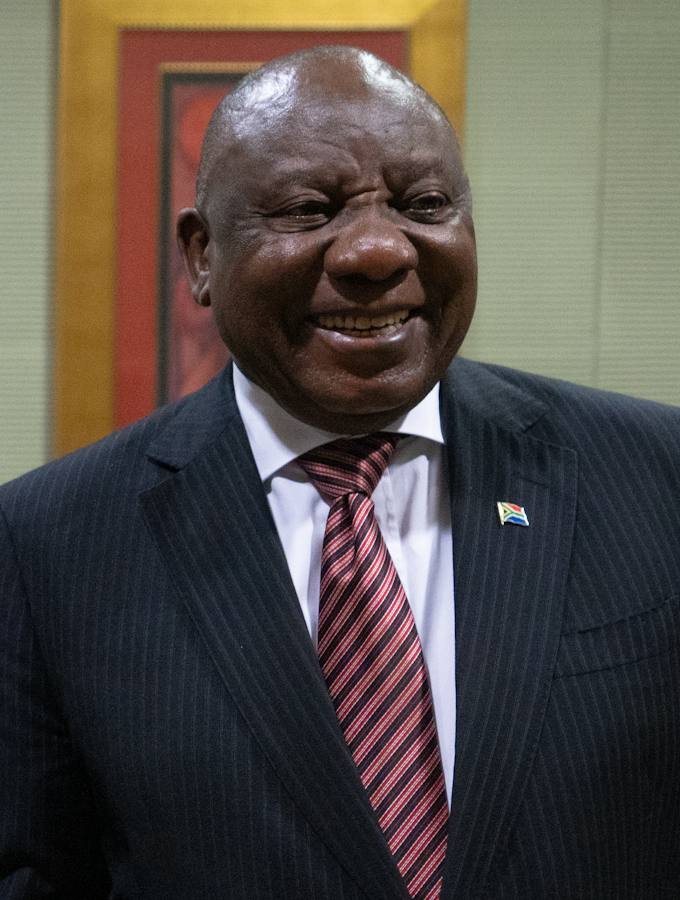UN Chief Calls for Global Financial Reform to Address Africa’s Debt Crisis Amid SA’s G20 Presidency
Guterres emphasized that the current global financial architecture disproportionately burdens developing countries, particularly African nations.

- Country:
- South Africa
The transformation of global financial systems is essential to addressing Africa’s escalating debt crisis and promoting financial justice, said United Nations Secretary-General António Guterres during the Joint Sherpa-Finance and Central Banks Deputies' Meeting in Johannesburg. His remarks come as South Africa assumes the G20 Presidency, the first African nation to do so, and follows the inclusion of the African Union (AU) as a permanent G20 member.
Financial Inequities and Africa’s Debt Crisis
Guterres emphasized that the current global financial architecture disproportionately burdens developing countries, particularly African nations. In 2022, Africa's public debt reached a staggering USD 1.8 trillion, compounded by limited access to low-cost financing needed to combat poverty, inequality, hunger, and advance the Sustainable Development Goals (SDGs).
“The G20 must lead in delivering financial justice. Developing countries must be represented fairly in global financial governance,” he asserted.
Guterres also pointed to systemic vulnerabilities exposed by the COVID-19 pandemic, urging for reforms that ensure resilience against global shocks.
Addressing Historical and Climate Injustices
Guterres highlighted the enduring impact of colonialism and the disproportionate toll of climate change on Africa, a continent that contributes minimally to global emissions yet suffers from severe environmental consequences.
“Injustice in worsening climate chaos fuels floods, storms, hunger, and deadly droughts,” Guterres stated, expressing solidarity with President Ramaphosa and Africans in their pursuit of justice.
He celebrated Africa's immense potential, including its young and dynamic population, entrepreneurial spirit, and rich natural and cultural diversity, but underscored the necessity of systemic reform to unlock this potential fully.
The Pact for the Future and Financial Reform
Guterres referenced the Pact for the Future, adopted by world leaders in September, which aims to modernize global financial systems to prioritize the needs of developing nations. Key elements of the pact include:
- Increasing the lending capacity of Multilateral Development Banks (MDBs) to better support developing countries.
- Mobilizing public and private resources for critical investments.
- Implementing the SDG Stimulus Plan to bolster economic growth in the Global South.
To support these efforts, Guterres recently appointed a team of leading experts, including South African statesman Trevor Manuel, to mobilize international action on debt relief and financing.
South Africa’s Historic G20 Presidency
South Africa’s G20 Presidency marks a historic milestone as the first African nation to assume the role. It follows the admission of the AU as a permanent member, alongside the EU, representing a shift toward greater inclusivity in global decision-making.
The G20, consisting of 19 countries and two regional bodies, represents 85% of global GDP and 75% of international trade, making it a powerful platform for addressing global economic and financial challenges.
“This Presidency provides a critical opportunity to elevate African priorities, including industrialization, food security, and climate justice, on the global agenda,” Guterres noted.
As South Africa gears up for over 130 meetings leading to the 2025 G20 Summit, the nation has a unique chance to advocate for meaningful reforms that address systemic inequalities and empower developing nations.
By prioritizing Africa’s economic resilience, sustainability, and equity, South Africa’s G20 leadership aims to reshape the global financial landscape for a more inclusive and just future.
- READ MORE ON:
- COVID-19
- António Guterres
- G20 Presidency
- African Union
ALSO READ
Govt Expands COVID-19 Inquiry: Public Invited to Contribute to Phase 2
Mitochondrial Misfire: Unraveling Severe COVID-19 Outcomes
Supreme Court Reviews Vaccine-Induced Deaths Amidst COVID-19 Crisis
ICMR Study Finds COVID-19 Vaccination Lowers Risk of Sudden Death in Young Adults
Italy's U-turn on COVID-19 Fines: A Controversial Decision










